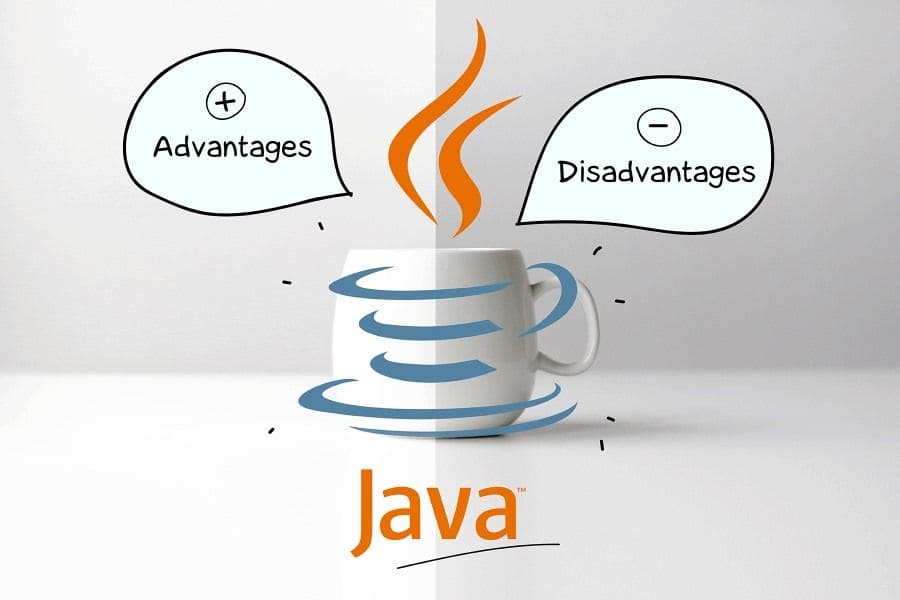Advantages and Disadvantages of Java
Java is considered one of the best programming languages, and many programmers want to learn it and work in this field. Java is widely used in web programming and designing Android applications, which has made it more popular.
But before you start learning Java, it is better to familiarize yourself with its advantages and disadvantages so that you can make the best decision. That’s why we continue to investigate these issues; join us.
What is Java?
Java is one of the general-purpose programming languages, and it is based on class and object orientation. The structure of this programming language allows programmers to write Java code anywhere and run it anywhere without worrying about the computer architecture. It is also called write once, run anywhere (WORA). That is, you can write once and run it everywhere. In other words, Java code that has been compiled once can be run on all Java Runtime Environment (JRE) platforms without recompilation.
Java was developed by James Gosling at Sun Microsystems (which was acquired by Oracle). It is similar to C++ and has a lot in common with the C++ programming language regarding how it is written. Java, currently maintained by Oracle, is constantly updated to meet the ever-changing needs of the developer community.

Advantages and disadvantages of Java programming language
Java programming language, like any other programming language, has its advantages and disadvantages. In the following, we will examine the advantages and disadvantages of the Java programming language.
Advantages of Java
- Java has evolved a lot since its inception because Oracle supports and maintains this programming language and updates it regularly. Support from a large community of Java programming language developers is also a big plus for new Java programmers. With more than two decades of activity, Java has a significant collection of open-source libraries and functions. Here’s a look at some of the key benefits of the Java programming language.
- Simple and easy to learn: Java’s writing style is similar to C and C++. Explicit pointers, operator overloading, storage classes, and other elements found in C++ are not available in Java. This makes the Java language less complicated to write code.
- Object-oriented programming language: Everything in Java is considered as an object and has features such as class, encapsulation, abstraction, inheritance and polymorphism.
Java supports multithreading. Large programs can be converted into multiple threads and run simultaneously, reducing the resources and time required to run them.
Platform agnostic language: Since Java runs in its virtual machine sandbox, it does not need to consider the platform and computer architecture when writing Java programs. Therefore, the same code can be executed by different platforms without recompilation and on any device. For this reason, using the Java programming language makes project management easy. - Secure platform: Java programs run in runtime environments. It also provides a classloader for loading classes into the runtime environment. It provides a buffer and is inherently safe. However, Java browser extensions and plug-ins are very insecure and should be disabled as the web world now runs mostly on JavaScript.
Disadvantages of Java
While there are many advantages to using Java, it is not without downsides or areas for improvement. Some of the disadvantages are:
- Applications must run on JRE: Java’s sandbox makes applications platform agnostic. However, because applications can only run on the JRE, they require more memory.
- UIs built using Java are less attractive: There are several Java frameworks for creating user interfaces for applications, but none are advanced enough to handle complex user interface elements. Elements that are easily used by other programming languages such as JavaScript.
- No backup facilities: The Java programming language mainly works with the final result of the desired program execution and practically does not focus on data backup.
- Java provides automatic garbage collectors, which may seem like an advantage, but it does not allow programmers to control garbage collection. In the Java Virtual Machine (JVM), the Garbage Collector is responsible for managing memory objects, finding unused objects, and freeing the space occupied by those objects.

